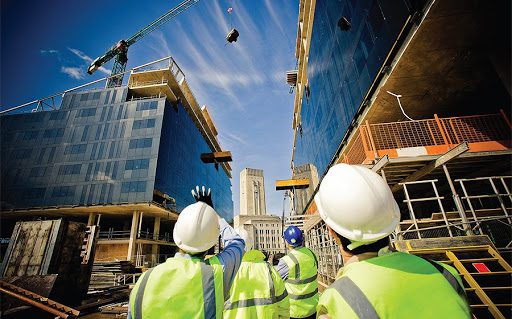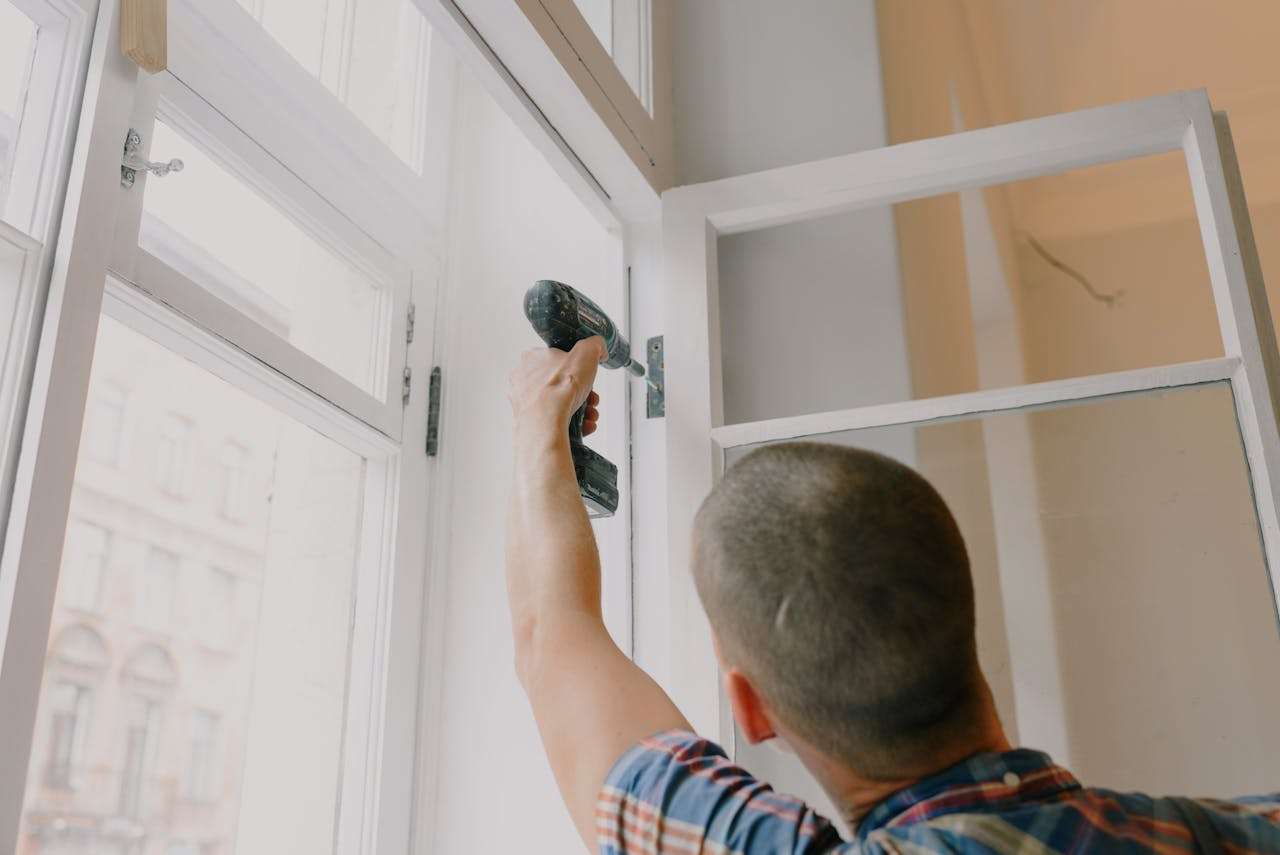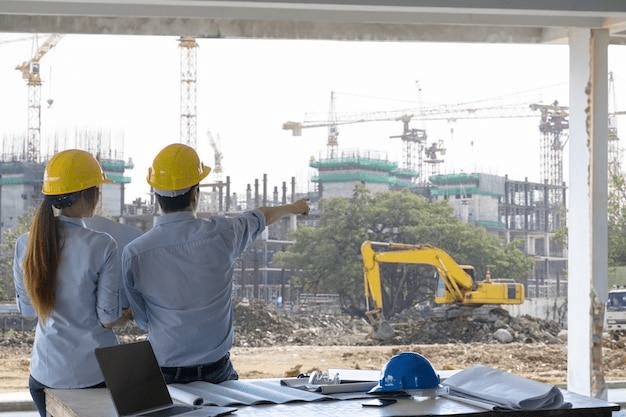In recent years, the construction industry has radically changed; it has evolved to adapt to the new technological paradigm. A new scenario in which immediacy, adaptability and versatility are essential characteristics for survival. And, of course, sustainability.
In this sense, one of the trends that has emerged due to this new context is modular construction. And is that modular houses are one of the best options to leave behind traditional construction techniques, in many cases harmful to the save paper for environment.
What is modular construction?
It is a constructive solution that consists of a system of creation and assembly of standardized habitable modules that allow the creation of unique design spaces. Thus, modular houses favor flexibility and customization of the building to be planned and become an alternative to the current situation of massive building, at high costs and slow times.
The materials used to make it are varied. The most common are concrete, wood and steel. However, there are also modular houses made with other types of materials, such as stone and slate. The truth is that modular homes do not differ from the rest in terms of materials, but in the construction process.
Advantages of modular construction
Here are some of the many advantages of modular construction services:
- Quickly. The execution times are much shorter than those of a traditional construction. As it is built in modules, the construction process inside occurs in parallel to the assembly. Thus, it is possible to reduce execution times by up to 50% and, above all, always meet deadlines and initial budgets.
- Cost savings. By reducing execution times, costs are also reduced. The average price of these constructions is between 800 and 1,000 euros per square meter, while the traditional one?s range between 1,300 and 1,600, mainly due to the standardization of their processes and large-scale production. In addition, it favors significant long-term economic savings. And if we add the energy efficiency of this type of buildings, the savings are even greater.
- Energy efficiency. These new buildings include the latest innovations and energy efficiency certificates, which implies significant energy savings. They have renewable energy systems, such as solar energy (both thermal and photovoltaic). Some companies even offer passive houses in this format.
- Personalization. A modular home can be customized to the taste or specific requirements of the tenants. Its custom design allows each building to be adapted to the needs of each one, adjusting to space requirements and also to budget.
- Reduction of environmental impact. To build the modules it is possible to use sustainable materials, which reduces the amount of construction waste by a really high percentage. At the time of its construction, it is easier to add alternative energy systems, water recycling, etc. Furthermore, water and dust pollution as well as acoustic impact are reduced. These homes can perfectly comply with the principles of bioclimatic architecture. Taking into account the limits of the plot where it is located, it can be oriented and strategically placed depending on the climatic conditions of the place.
- Flexibility and adaptation. By being configured with assembled modules, they always have the opportunity to grow when necessary, being able to opt for improvements and advances. Thanks to the custom design, modular buildings are extremely flexible. Whether we need extra space in the garden, an office, a study, a classroom or a music room, modular buildings can meet our requirements for extra space.










